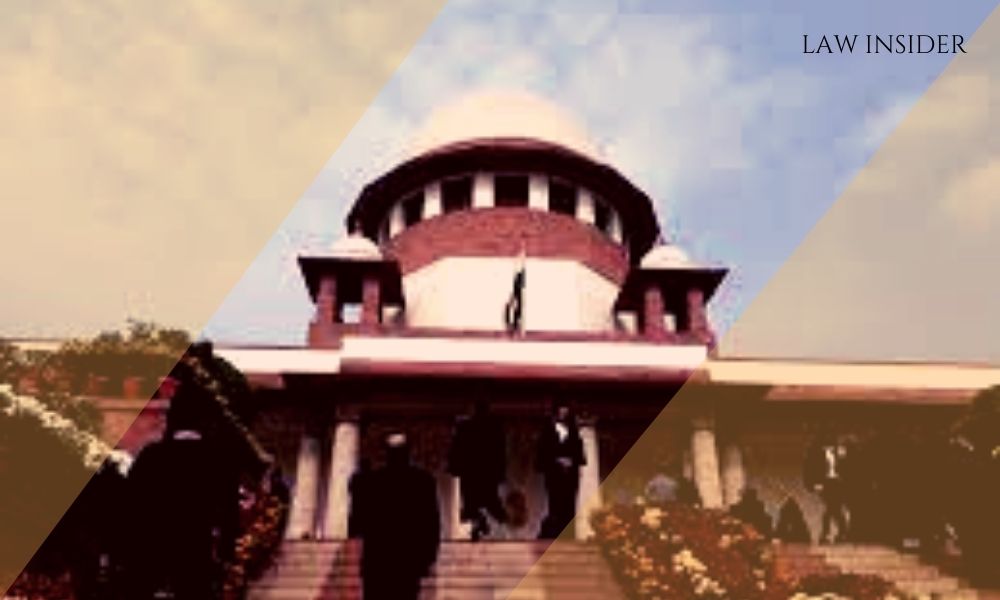LI Network
Published on: 03 September 2023 at 16:43 IST
The Supreme Court has clarified that the power under Section 323 of the Criminal Procedure Code (CrPC) can be exercised by a Magistrate even after the deposition or examination-in-chief of a witness.
The crucial criterion for utilizing Section 323 is the Magistrate’s belief that the case should be tried by the Court of Sessions, observed the bench comprising Justices MM Sundresh and JB Pardiwala.
Section 323 of the CrPC addresses the procedure when, during an inquiry into an offense or a trial before a Magistrate, it becomes evident to the Magistrate at any stage before pronouncing judgment that the case should be tried by the Court of Session. In such circumstances, the Magistrate must commit the case to that Court.
In a particular case before the Calcutta High Court, the High Court directed the Magistrate to perform the committal exercise only after the conclusion of the entire prosecution witness evidence, to decide whether a charge could be added under Section 307 of the Indian Penal Code (IPC).
Disagreeing with this perspective, the Supreme Court asserted that such a procedure was not mandated by Section 216 or 323 of the CrPC.
The Court emphasized that it is not obligatory for the Magistrate to wait for the completion of the entire prosecution witness evidence, which encompasses cross-examination.
Section 323 CrPC provides the Court with the discretion to exercise its authority at any stage of the proceeding before delivering a judgment.
The statute clearly indicates that the power under Section 323 CrPC can be invoked by the learned Magistrate at any stage of the proceeding before the judgment is issued. Consequently, it is established in law that this power can be exercised even after a witness’s deposition or examination-in-chief.
The essential requirement for invoking the power under Section 323 is that the Magistrate must genuinely believe that the case should be tried by the Court of Sessions.
Consequently, the bench overturned the High Court’s order.

